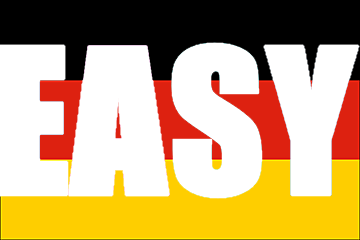| ICFCY-Code | Title | Description |

|
b1470
|
Psychomotor control |
Mental functions that regulate the speed of behaviour or response time that involves both motor and psychological components, such as in disruption of control producing psychomotor retardation (moving and speaking slowly; decrease in gesturing and spontaneity) or psychomotor excitement (excessive behavioural and cognitive activity, usually nonproductive and often in response to inner tension as in toe-tapping, hand-wringing, agitation, or restlessness.) |

|
s8401
|
Facial hair |
|

|
d130
|
Copying |
Imitating or mimicking as a basic component of learning, such as copying, repeating a facial expression, a gesture, a sound or the letters of an alphabet. |

|
d1551
|
Acquiring complex skills |
Learning integrated sets of actions so as to follow rules and to sequence and coordinate one's movements, such as learning to play games (e.g. football or chess) and to use a building tool. |

|
d3150
|
Communicating with - receiving - body gestures |
Comprehending the meaning conveyed by facial expressions, hand movements or signs, body postures, and other forms of body language. |

|
d330
|
Speaking |
Producing words, phrases and longer passages in spoken messages with literal and implied meaning, such as expressing a fact or telling a story in oral language. |

|
d3350
|
Producing body language |
Conveying messages by intentional movements of the body, such as facial gestures (e.g. smiling, frowning, wincing), by arm and hand movements, and by postures (e.g. embracing to indicate affection or pointing to receive attention or an object). |

|
d3501
|
Sustaining a conversation |
Continuing an interchange by taking turns in vocalizing, speaking or using sign or shaping a dialogue by adding ideas, introducing a new topic or retrieving a topic that has been previously mentioned. |

|
d6602
|
Assisting others in communication |
Assisting household members and others with their communication, such as by helping with speaking, writing or reading. |

|
d9200
|
Play |
Engaging in games with rules or unstructured or unorganized games and spontaneous recreation, such as playing chess or cards, board games or activities with a set of rules (e.g. hide-and-seek). |


 =Select (and add) this code
=Select (and add) this code  Click on a code to expand the branch
Click on a code to expand the branch 



















